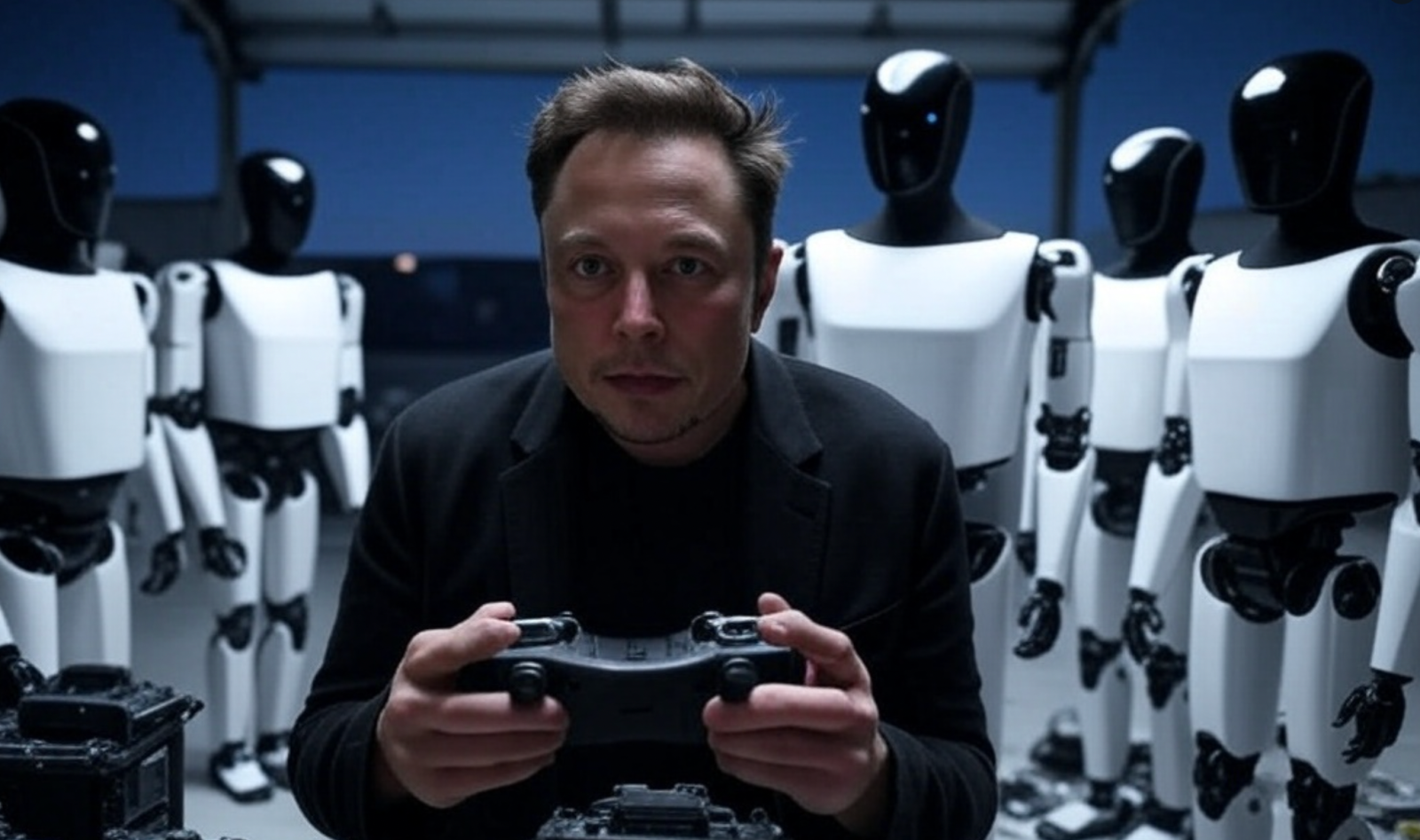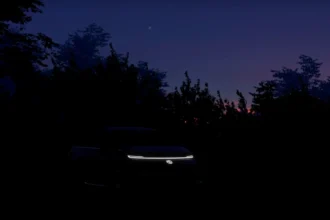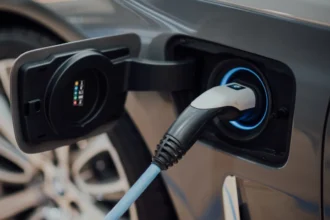Hyundai India Readies New Hybrid and Electric Vehicle Plans by 2030
Hyundai Motor India Ltd, led by Tarun Garg and Unsoo Kim, is working to add hybrid electric cars and more clean-fuel vehicles in India. Their goal is to reach carbon neutrality, meaning no extra pollution from car sales. In the next few years, Hyundai will introduce hybrids, combining gasoline and electric motors.
By 2030, Hyundai wants to launch 26 different models, including 6 electric cars. FY25 financials showed a 1% drop in revenue and 6.9% lower profit, though electric car sales grew 87% after the new Creta EV.
The GST tax is lower for pure electric cars at 5%, but hybrids pay 28%. Only 2.15% of passenger cars in India were hybrids last year, but experts think both hybrids and EVs could hit 8% by 2028. In 2024, Indians bought over 2 million electric vehicles, which made up 8% of sales.
Competition with Tata, Maruti Suzuki, and Mahindra is tough, but Hyundai hopes to move ahead with new green technology.
Hyundai is betting on hybrids and electric cars to grow in India and help make cleaner air for the future.
For the complete story and full context, please refer to the original article from livemint.com.
Delhi Sets Up Expert Team to Plan Major Switch from CNG to Electric Cars
The Delhi government has chosen a 10-person special group made up of experts and officials to set new rules for electric vehicles (EVs). People like K Ramachandra Rao from IIT Delhi and Sudhendu Jyoti Sinha from NITI Aayog are included.
This group will develop a plan with 12 goals, including changing CNG cars to EVs, designing charging stations, and handling old batteries safely. The new policy started in August 2020 and was extended after its first three years. It now continues past August 2023, with the committee reporting progress every two weeks to Transport Minister Pankaj Singh.
The plan is to start switching CNG cars to EVs within one year from April 1, 2026, after a study. Experts want 25% EV use by 2024. Incentives may reach ₹45,000 for electric goods carriers to help the change, and land will be set aside for new charging points.
The draft policy also aims to fix delays in payments, focus extra help for women, and improve transport in crowded parts of the city.
Delhi’s big push for electric vehicles hopes to make city air cleaner and make travel easier for everyone soon.
For the complete story and full context, please refer to the original article from economictimes.indiatimes.com.
BMW Sticks To Flexible Car Plans As Rivals Slow EV Push And Sales Shift
On Wednesday, BMW’s main boss, Oliver Zipse, told shareholders the company’s careful car plan is working. While some other car makers, like Mercedes-Benz and Volvo, set big electric-only goals before, they have pulled back recently. Even Tesla saw its yearly sales fall for the first time since the Model Y appeared.
BMW did something different. They kept gasoline, hybrid, and electric cars in their plans, not just all-electric ones. Over the last five years, this flexible plan seems to be paying off. Last year, BMW’s electric vehicle sales grew 14%, selling more than 426,500 EVs across BMW, Mini, and Rolls-Royce brands.
BMW ranked third in Europe for electric car sales at the start of 2025 but led plug-in registrations with 9.9% in 2024.
BMW will soon launch its iX3 electric SUV and aims for hydrogen cars next, keeping options open as markets change.
BMW’s different approach might help it handle uncertainty, as car buyers’ needs keep changing everywhere.
For the complete story and full context, please refer to the original article from timesofindia.indiatimes.com.
Toyota Plans Electric Car With Groundbreaking Solid-State Battery Range and Lifespan
Toyota and Idemitsu Kosan, a top Japanese petroleum company, are joining forces to launch an electric vehicle (EV) with a new solid-state battery that could travel up to 745 miles between charges. This car might arrive as soon as 2027 and would set a new standard, beating Ford’s current record of 570 miles per charge.

Solid-state batteries are different from today’s lithium-ion types. They can survive up to 10,000 charges—much more than the usual 2,000. Recharging will take under ten minutes, similar to a gas stop, and the battery should last thirty years.
The plan aims to help Toyota compete with Tesla and push for cleaner transportation. Battery costs are still high—over $800 per kilowatt-hour now—but experts predict solid-state prices could drop below $200 by 2028.
Toyota’s move could reshape EV choices, making cleaner cars easier and faster to use for everyone.
For the complete story and full context, please refer to the original article from mitechnews.com.
Electric Cars Gain Steady Ground in US and Global Markets, Sales Keep Climbing
American car buyers are showing continued interest in electric vehicles, often called EVs. About 24% of people thinking of buying a car in 2025 say they are very likely to pick an EV, just like last year. In 2024, 1.3 million EVs found buyers in the United States—a 7.3% rise from the year before.
Nearly 300,000 EVs were bought from January to March 2025 in the US, which is 11.4% higher than the same three months last year. EVs made up roughly 7.5% of all new US cars early this year. Plug-in hybrid cars grew even faster worldwide in 2024—up 53%.
Globally, more than 17 million EVs sold in 2024, with China leading, while Europe’s EV growth slowed after subsidies dropped.
Experts believe EVs will make up far more of car sales by 2030.
For the complete story and full context, please refer to the original article from autoweek.com.
Tesla’s Austin Robotaxi Launch to Use Remote Driving Supervision for Safety

Tesla is set to begin a special robotaxi service in Austin, Texas, as early as June, though the start date is not certain. Unlike earlier promises of cars that drive all by themselves, this new fleet—just 10 to 20 vehicles at first—will be watched and controlled by Tesla workers far away through teleoperation. These remote supervisors will step in mainly when tricky or unusual situations happen on city streets.
The project is starting as invite-only and will run within a limited, fenced-in area of Austin. This goes against Tesla’s original idea of wide-open, completely automatic driving. Instead, safety is the top focus, since the company knows mistakes are not an option.
Electrek reports that U.S. safety officials are watching to make sure remote driving keeps people safe. Some experts worry real safety drivers might still ride inside, since technology is being tested for the first time.
Even with some doubts, if Tesla succeeds, this project could change how robotaxi services work in cities. Many eyes are watching this careful start.
For the complete story and full context, please refer to the original article from electrek.co.
TVS Motor Drops iQube Prices, Boosts Battery and Tops April 2025 Sales in India
TVS Motor Company has recently made it easier and more appealing for people in India to choose their iQube electric scooters. The company lowered prices for all models and also raised battery power to better meet changing customer needs. TVS wants more people to consider electric scooters in a crowded market.
The S model’s battery went up a little to 3.5kWh, while its price dropped by Rs 26,000, now costing Rs 1.18 lakh. The standard iQube now begins at Rs 1.09 lakh after an Rs 18,000 cut, with a single-charge range of 145km.
The special iQube ST gained extra battery at 5.3kWh and now starts at Rs 1.60 lakh, getting a Rs 25,000 slash. The lower ST is now Rs 1.28 lakh, down Rs 28,000.
TVS sold 19,736 units in April 2025, leading with a 22% share, and sales for fiscal 2025 rose 44% to 273,063 units. These steps may strengthen TVS’s hold in electric scooters further.
For the complete story and full context, please refer to the original article from drivespark.com.
UK E-Bike Battery Defects Trigger Fire Warnings and Calls to Strengthen Online Sales Rules
Electric bike users in the UK face fresh warnings after batteries with the UPP brand names U004 and U004-1 were found to sometimes catch fire. Safety experts from Electrical Safety First said the batteries can reach extreme heat, up to 1112°F (600°C), because they lack enough built-in safety features.
The problem became public in January 2024 after homes in cities like London and Surrey suffered severe damage from these fires.
Despite a government order to stop selling these batteries, people continued offering them on Facebook Marketplace until many were finally removed.
Officials say e-bike and scooter fires rose by 70 percent in 2023, with 270 bicycle fires and at least 10 deaths. The London Fire Brigade alone dealt with 142 e-bike fires in 2024.
There are growing calls for stricter laws and better testing to make e-bike batteries safer for everyone.
For the complete story and full context, please refer to the original article from dailymail.co.uk.










